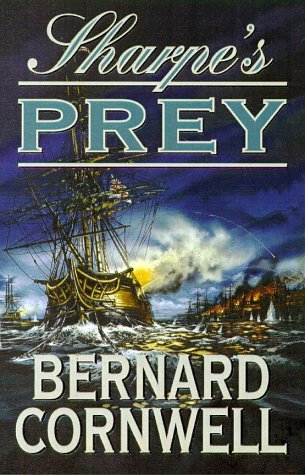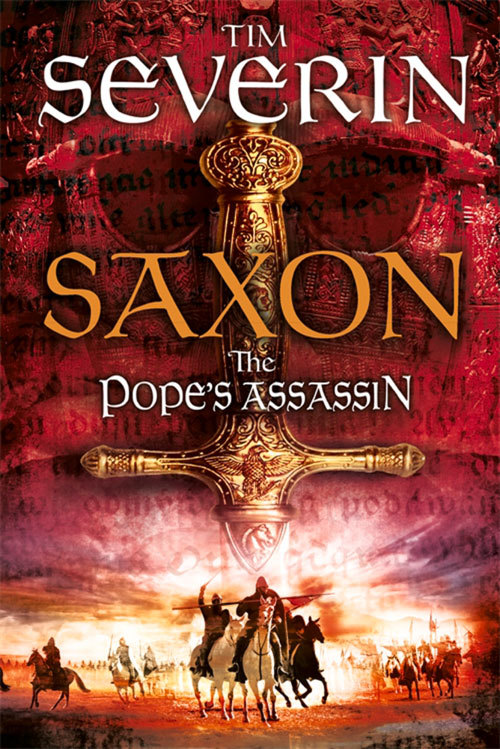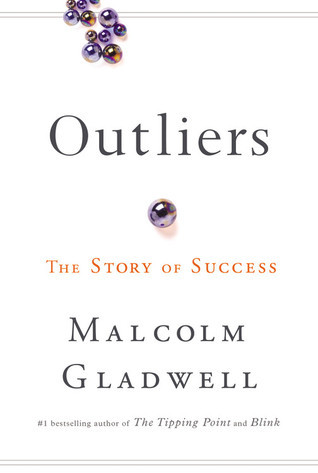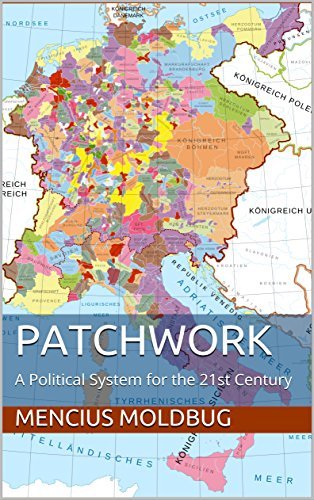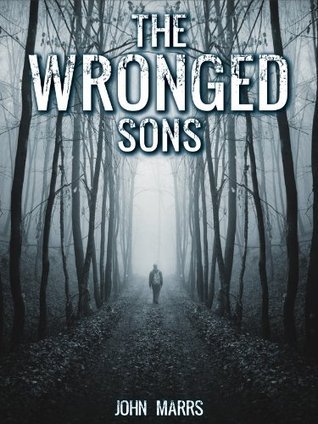Missive #488 Published 29 April 2025
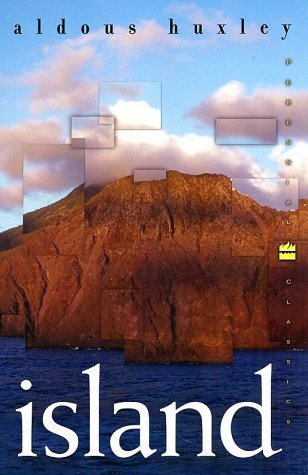
This edited customer review is just the beginning of one of the many one and two star reviews the book received at goodreads.com. "What is it that compels authors to end their careers preaching to the masses? This boring and tendentious piece of propaganda should never be mistaken for an act of fiction or competent literature." — Edited customer review
I might add that the last chapter in the book can be skipped if you make it that far or perhaps your are one of those readers that would give the book five stars, there were some.

